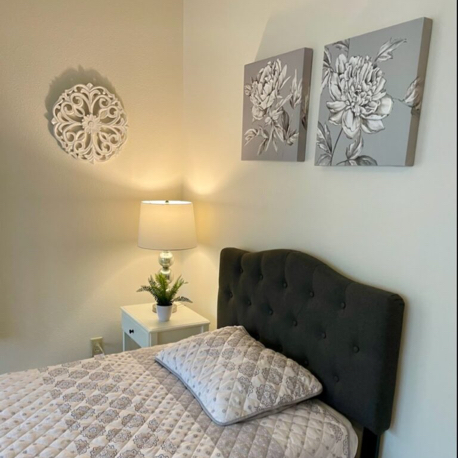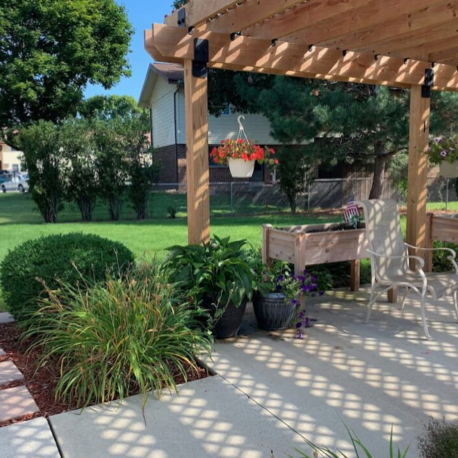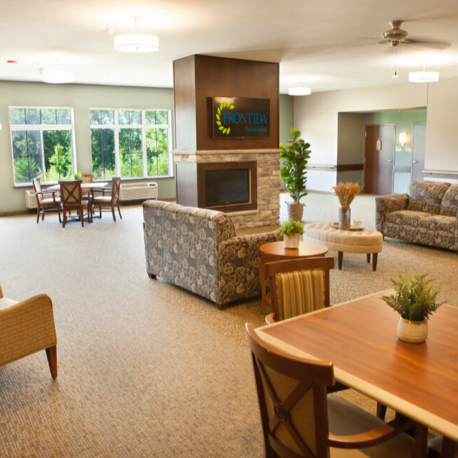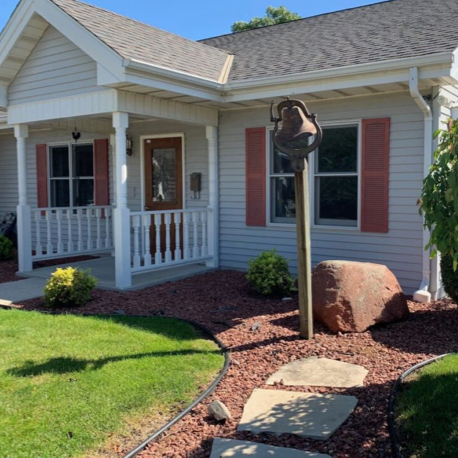Supporting cognitive health requires a holistic approach, from social connections, physical activity, a balanced diet, and stimulating brain function.
A fun and interactive way to keep the mind sharp and exercise the brain is by regularly practicing word recall exercises:
- Crossword puzzles
- Word Building exercises
- Memory-matching games
- Category list games
- Repetition and mnemonics
- Word association games
- Interactive storytelling
- Word search puzzles
- Rhyming word games
- Name-and-face recall
These exercises strengthen memory recall by encouraging and creating neural connections in the brain, making it easier to retrieve information later. Besides, they’re fun and interactive and can be enjoyed with others or alone.
Crossword Puzzles
Crossword puzzles activate areas of the brain responsible for memory recall and language processing.
Scanning your mind to search for the correct word or phrase involves recalling learned information, such as vocabulary, facts, or cultural knowledge. This process strengthens the brain’s neural connections.
Besides, solving clues requires associating concepts and thinking creatively, encouraging the brain to form new pathways.
Word-Building Exercises
Word building challenges improve vocabulary and spelling skills while stimulating cognitive function by creating new words from a base word.
A simple word like “table” can be broken to create words like, “bat, eat, able, tea,” and so on.
Breaking larger concepts into smaller, manageable parts during word building mirrors memory chunking, a technique that helps improve the retention and retrieval of information.
Memory Matching Games
Memory-matching activities stimulate memory recall by engaging the brain in pattern recognition and information retrieval. These games challenge players to remember the location of specific images, symbols, or words, strengthening short-term memory and the ability to retain details over time.
Memory matching games can include the classic game of matching pairs of cards face down on the table. Players take turns flipping two cards at a time, trying to find a match based on memory.
Category List Games
Category list games help strengthen the brain’s ability to efficiently organize and retrieve information. When playing these games, the mind focuses on grouping related items under a specific category, such as animals, foods, or colors.
If the category is food, players list as many foods as they can, without repeating answers, within a period of time, like 2 minutes.
This encourages the brain to access stored knowledge and make connections between related concepts.
Repetition & Mnemonics
Repetition allows the brain to solidify knowledge through repeated exposure and practice. Revisiting information multiple times makes it easier for the brain to store it in long-term memory.
Mnemonic games blend creativity with associative techniques to make remembering information more engaging and efficient. For example, “My Very Educated Mother Just Served Us Nachos” helps us remember the order of the planets in the solar system.
Word Association Games
Word association games are a powerful tool for stimulating memory recall because they tap into the brain’s ability to form connections between ideas.
When you hear or see a word, your mind automatically searches for related concepts, creating a network of linked information. These games encourage quick thinking and challenge your brain to retrieve information efficiently.
For example, Word Chain is a game where players are encouraged to think of a series of words that must start with the last letter of the previous word. If “apple” is the starting word, it can be followed by “elephant”, which could in turn be followed by “tiger”.

Interactive Storytelling
Inspired by teachers, storytelling is a creative and collaborative approach to stimulate memory recall.
Storytelling includes vivid descriptions, characters, and events to paint images for listeners. Crafting or listening to a story encourages active listening, comprehension, and participation, stimulating neural pathways associated with memory.
Storytelling might begin with the narrator (or host) introducing a simple yet engaging narrative.
For example, loved ones could be asked to imagine themselves embarking on an adventurous trip through a dense forest. Our storyteller would describe the scene in detail to vividly paint a picture while introducing prompts, such as passing a wooden bridge or spotting a sparkling stream.
After sharing the story, the narrator might pause and ask others to recount the sequence of events, encouraging them to visualize each element and draw connections between them.
Word Search Puzzles
Word search puzzles encourage the brain to actively search for specific patterns and words within a grid.
Scanning to identify hidden words among a mix of letters helps the brain practice retrieving information, improving the ability to recall details in other contexts.
Rhyming Words Games
Rhyming exercises promote phonemic awareness, verbal fluency, and memory recall by stimulating the brain’s pattern of recognition and auditory processing.
These games are relatively simple: a word like fruit can be rhymed with several words, for instance, “boot,” “shoot,” or “salute”.
Identifying rhyming pairs or creating new rhymes stimulates connections between sounds and meanings, which improves linguistic processing and retrieval while encouraging repetition, a key factor in solidifying information in long-term memory.
Name & Face Recall
Name-and-face recall games stimulate the brain’s ability to make connections between visual cues and verbal information.
Exercises often involve pairing a name with a distinctive feature or creating a vivid mental image to associate with a person. For example, look at a person’s face and identify a standout feature, such as bright green eyes, curly hair, or a big smile. Then, link this trait to their name by creating a vivid image or story.
For instance, if someone’s name is Jane and they have curly hair, picture Jane surrounded by a swirl of curling ribbons. The visualization serves as a mnemonic device, making it easier to remember a person’s name when you see them again.
Support Cognitive Well-being with Memory Care
Our memory care community at Riverwood Senior Living is thoughtfully designed to support and stimulate residents’ cognitive function through specialized therapies and exercises, including memory games.
Our compassionate and experienced team works closely with each resident, confirming every activity is personalized to their unique needs.
Connect with our Riverwood Senior Living team to learn how our memory care community supports residents’ cognitive well-being.







